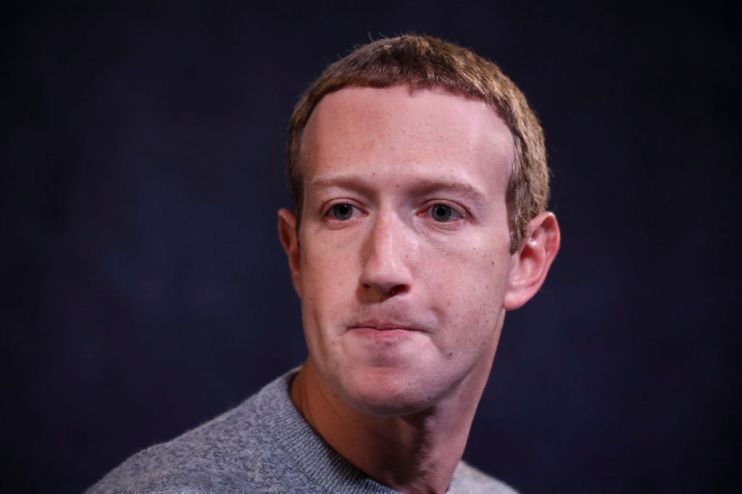Scammers can create fake Facebook and Google ads ‘within hours’

Lax controls on Google and Facebook enable scammers to create and post adverts for fake businesses within just a few hours, according to an investigation.
Harry Rose, editor of Which magazine, said it was “worryingly easy for fraudsters to create adverts promoting scams for fake products and services”.
Which created two linked fake companies – a water brand called Remedii and Natural Hydration, an online brand offering pseudo health and hydration advice.
Google only required advertisers to have a Gmail account to create adverts, the investigation found. While it did review the adverts submitted, it did not ask for proof of ID or verify if the business was actually legitimate.
In under an hour, Which said Google approved its adverts for both fake businesses. They accumulated more than 100,000 impressions in the space of a month.
The fake advert for Natural Hydration even appeared above the official NHS Scotland pages when users searched for “hydration advice”.
Google has taken steps to improve ad transparency and introduced a verification process for political advertisers in 2018. However, this verification system has not been extended to all advertisers on the platform yet.
The same investigation revealed scammers could create a Facebook business page via a personal account, using just an email address or mobile phone number.
Which generated a business page for Natural Hydration and produced a range of posts, which it promoted through the Facebook ad system, garnering more than 500 likes in a week.
In recent years, Facebook has implemented restrictions on harmful advertising, however this does not prevent all false advertising on the site.
Facebook and Google accounted for the majority of the UK’s digital advertising market in 2019, earning 80 per cent of the £14bn expenditure on the industry, according to the Competition and Markets Authority (CMA).
“Tech giants earn billions from advertising and should be putting more resources into preventing fraudsters from abusing their platforms,” Which editor Rose added.
Facebook earned more than £2 billion from UK display advertising in 2019, while Google earned £6 billion from UK advertising in the same year.
“The government should widen its definition of ‘online harms’ to include fake adverts and content, which would mean future regulation would require more action from tech companies to tackle false advertising.”
A Facebook spokesperson said: “We remove harmful misinformation that could contribute to physical harm, such as false health claims, and have strict policies against deceptive advertising and scams.”
And a Google spokesperson added: “At Google, our goal is to make more information about the ad experience universally available and accessible. Broadening our verification policy is the next step in reaching that goal. We’ll continue to look for additional ways to increase transparency in ads for our users.”